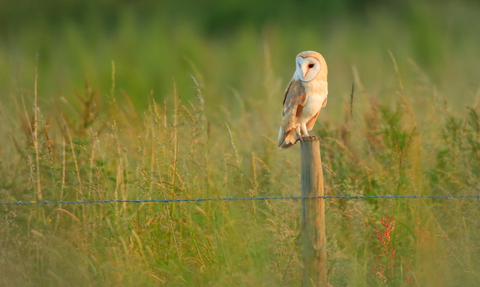The Wildlife Trusts – a movement of 46 charities across the UK – are, like others, dealing with unprecedented challenges caused by coronavirus. Restoring nature in the UK – one of the most nature-depleted countries in the world – has become harder than ever during the pandemic. At the same time, people are seeking solace in nature to relieve the hardships caused by lockdown.
Many Trust staff are furloughed and those that remain in post have found valuable time is being lost to a proliferation of illegal activities such as shooting wildlife and fly tipping. Meanwhile, vital conservation work has had to be put on hold – leading to an explosion of invasive non-native species, deterioration of rare wildflower meadows, stalled wildlife reintroductions and potential loss of species such as dormice from some areas.




